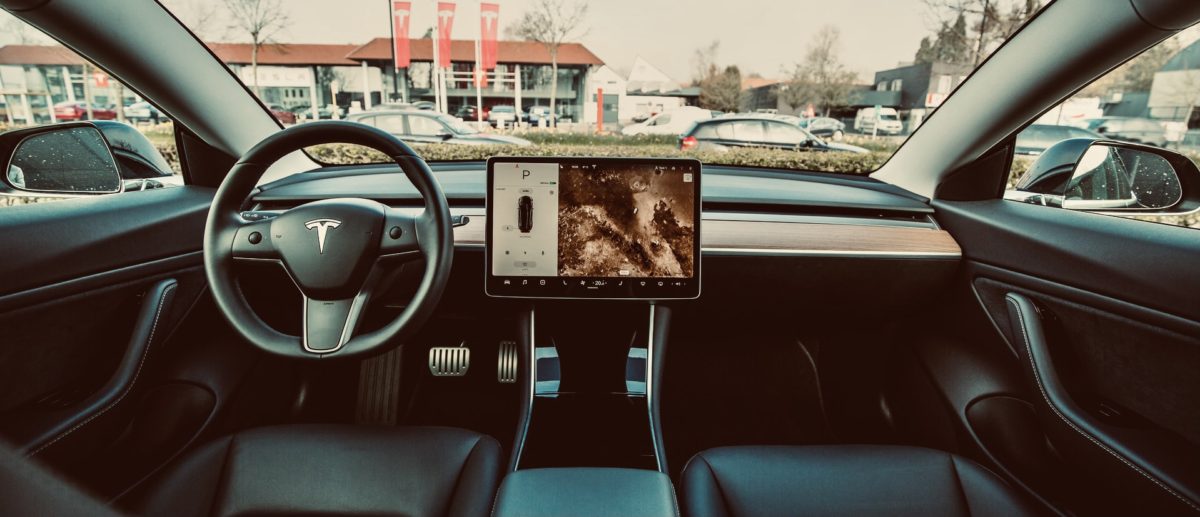a person… bought a used Tesla from a dealer—who in turn bought it at auction directly from Tesla under California’s lemon law buyback program—advertised as having Autopilot, the company’s Advanced Driver Assistance System. The entire Autopilot package, which the car had when the dealer bought it, costs an extra $8,000. Then, Tesla remotely removed the software because “Full-Self Driving was not a feature that you had paid for.” Tesla said if the customer wanted Autopilot back, he’d have to fork over the $8,000.
To be clear, this is not a subscription service. This is a one-time package that was paid for by the original buyer, upgrading the car’s capabilities over software. Tesla’s policy here is that the purchase belongs to the owner, not to the car. There still appears to be confusion about whether enhancements can be transferred to the new owner. I couldn’t find anything on Tesla’s site, but found these two contrasting threads. One, on Tesla Motors Club titled “Why is FSD not transferable to your next Tesla?” FSD is full self-driving. The second is on the Only Used Teslas site, “Does Autopilot/Full Self-Driving Transfer to Subsequent Owners?” which states that it in fact does:
Q: What about owners who added Autopilot and/or Full Self-Driving Capability after delivery? A: Those features will also be active for the life of the car, and will transfer from the current owner’s Tesla account to the next owner’s account.
The tech news site The Next Web also did an article on this, stating
TNW spoke with a number of new and used Tesla sales departments in the UK who all confirmed that if a second-hand Tesla is specified with additional options like Autopilot and FSD, that is what the customer will receive.
In the case of the individual mentioned in the Vice article, Tesla did restore the functionality the original owner had bought, but only after the car enthusiast website Jalopnik ran an article about it – and Vice and The Next Web.
We have seen before (here and here and here) about “smart” devices that you do not own despite having paid full price for. A Tesla seems to be among the most expensive one in that list.
I’m not advocating for or against buying a Tesla – or for that matter any smart device [1]. I do think we should be more conscious, more circumspect when we buy new devices, since an increasing number of them have electronics, a connection to the Internet, and a link to the manufacturer throughout their lifetimes.
Advertising is sexy. Skepticism never is.
[1] I had in fact paid the deposit for two Model 3 units when they were announced in 2016 (and had it refunded when it was clear Tesla would not be launching in India any time soon).

